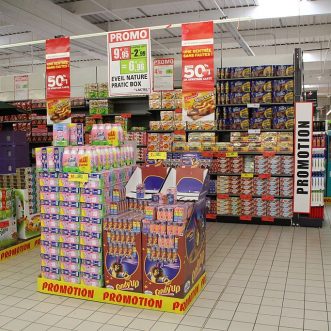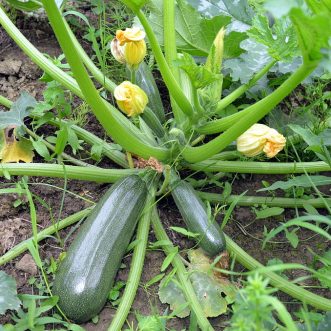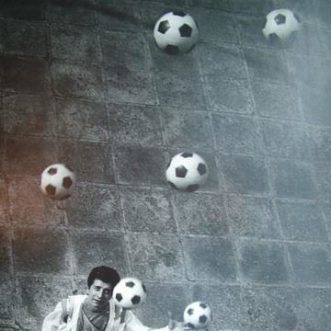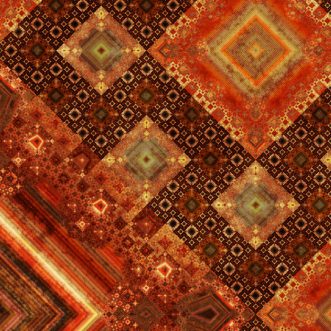
All models are wrong
Walmart is a planned economy the size of Sweden. It isn’t a republic or a democracy. It’s a complex, strictly controlled, bureaucratic hierarchy, with the Walton family at the top.
That isn’t what most small business owners want, so for them, hierarchy isn’t such a useful model.
One alternative is to think of a business as a system – “a group of interacting or interrelated entities that form a unified whole.”
And since “the system is what the system does”, it also helps to define what a business system is meant to do.
For most business owners I know, that is to make and keep a promise to customers, employees and community, and in the process make enough money to keep doing it well.
This model of a business is wrong. But it might be more useful for you.








